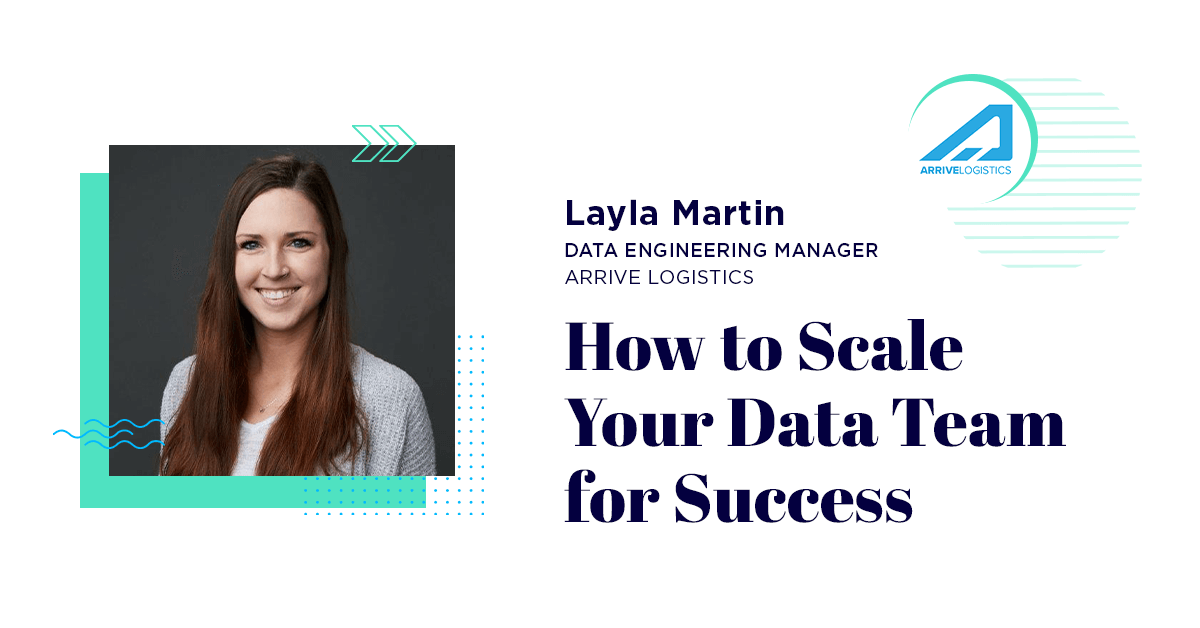


Technical expertise is imperative when it comes to hiring data professionals, but soft skills may be just as important. For teams that are scaling quickly, it can sometimes be difficult to identify the traits that will help preserve the integrity of their established culture while rapidly hiring talent.
Russell Foltz-Smith, chief data officer at Smarter Sorting, sees curiosity is a top priority for the product intelligence platform. Working with data requires methodically sifting through clues and piecing together a giant puzzle, which he likens to a forensic exercise. That’s why the hunger to keep going in search of an answer is especially important to Foltz-Smith’s team.
Trey Perry, a senior software architect at insurance broker Acrisure Technology Group, agrees. “We’re searching for people who are curious, communicative and collaborative,” he said.
Finding the delicate balance of data wizard and culture fit is difficult to do, so Built In Austin asked three local data leaders to share the secret recipe of qualifications they look for in the candidates joining their teams.
Layla Martin, Data Engineering Manager

When it comes to scaling your data team, what are the most important hiring considerations?
It’s no secret that there aren’t clear boundaries across data-related roles in our industry. It’s natural to find people working in the arguably broad disciplines of data engineering, data science, analytics and business intelligence across centralized or decentralized teams within an organization. More recent introductions to the industry are dedicated roles in data governance or security, machine learning and analytics engineering, and MLOps or DataOps.
The most important initial step is having capable leadership within the company that can define a strategy for how these roles interoperate. Leadership should be well versed in industry trends, both in terms of historical and current disruptions. Their goal is to define strategy and ownership over different components of the data landscape and ensure the team evolves in the right direction. I’ve seen the most value come from personnel with deep knowledge of their discipline who can execute on high-value initiatives; those who can build relationships across disciplines and collectively move things forward; and those with an intellectual curiosity to always question, rethink and improve the existing landscape.
On the technical side, what steps have you taken to ensure your tools, systems, processes and workflows are set up to scale successfully alongside your team?
We place a lot of importance on isolating different components of the systems we’re building, such as storage and processing, orchestration, serving, notebooking, and visualization, to pick the best-in-class tooling or infrastructure for each piece. All-in-one solutions may look to solve a wide range of problems quickly, but often these solutions inhibit scale because they tightly couple everything together. Technology and vendors in the data space are changing rapidly and having the flexibility to introduce new, or reevaluate existing, components in our data stack allows us to grow alongside our organization’s needs and keep pace with changes in the industry. As we create new workflows or processes, scale is always a concern.
Aside from typical planning around how our systems handle increases in data volume, we also think about how our design patterns enable us to move from solely data engineering-owned processes to democratizing access to data and infrastructure by providing self-service tooling for anyone working in the data space.
What’s the most important lesson you’ve learned as you’ve scaled your data team, and how do you continue to apply that lesson?
Frequent and honest communication across engineering, data science and analytics or business intelligence groups is imperative. Increasing our capabilities with data often means increasing contributions across all groups. It’s important to align early on what new skill sets, design patterns, or platform-level initiatives are required for future use cases because hiring the right people or building out robust infrastructure can take time. As our teams are heads-down building solutions to solve our current use cases, we’re also in constant communication about what’s next. We’re sharing articles about how others in the industry are solving similar problems, we’re participating in cross-team demos of new technologies on our radar, and we’re openly discussing pain points and improvements on current systems. Not only does this allow leadership to better plan for scaling teams as a whole, but it also empowers teammates to scale their own skill sets and contributions alongside the organization’s initiatives.
Photo credit: Built in Austin. Read the original, complete article here.